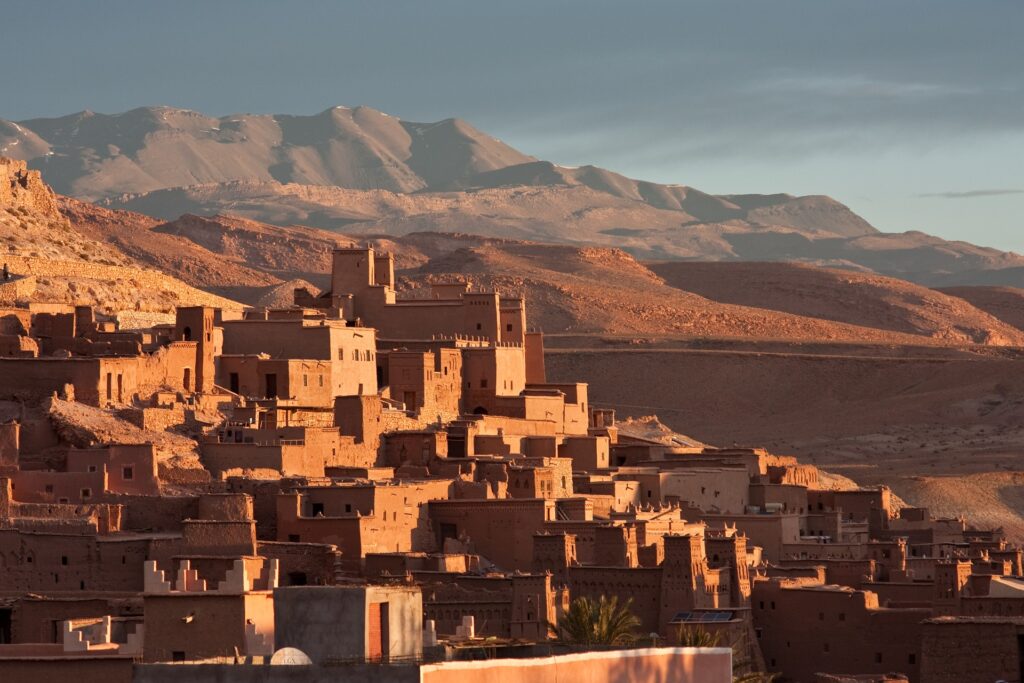The Central African Republic (CAR), a developing nation in the Central African region, has created a group consisting of 15 individuals with the purpose of drafting a law that will regulate the use of cryptocurrencies and tokenization within the country.
The CAR 15-member committee
The president of the Central African Republic (CAR), Faustin-Archange Touadéra, believes that the use of cryptocurrencies may be able to help break down financial barriers in the nation. For the use of cryptocurrencies, he encouraged the development of an environment that is conducive to business and is protected by a regulatory framework. The official news announcement, which was written in French as it is the official language of the Central African Republic (CAR), was posted on Twitter by the president and, when translated, read:
“With access to cryptocurrencies, the monetary barriers existing until now will disappear, the main objective of the measures adopted by the government being the development of the national economy.”
15 specialists from five CAR ministries make up the group charged with the duty of drafting the cryptocurrency law. The ministries include the Ministry of Waters, Forest, Hunting, and Fishing; the Ministry of Mines and Geology; the Ministry of Town Planning, Land Reform, Towns, and Housing; the Ministry of Agriculture and Rural Development; and the Ministry of Justice, Promotion of Human Rights, and Good Governance.
The Central African Republic (CAR) adopts Bitcoin as legal tender
The Central African Republic (CAR) became the first nation in Africa to accept Bitcoin (BTC) as legal money in the spring of 2022. Amidst the country’s enormous wealth of natural resources, the CAR is beset by economic mismanagement, scant private and foreign investment, and pervasive governmental problems.
The CAR followed El Salvador’s lead by becoming the second nation in the world to accept Bitcoin in this way. Since letting its residents use the pioneering cryptocurrency for everyday purchases, El Salvador has benefited from rising tourism numbers, a strong economy, and a sizable amount of free PR, and the CAR would like to imitate El Salvador’s achievements despite having a significantly less developed economy.
With a score of zero on the World Bank’s Human Development Index, the CAR is one of the world’s poorest nations. Even worse, the CFA franc, the nation’s preferred currency, is strongly skewed in favor of French economic growth and holds up to 85% of the nation’s exports in French treasuries. Hence, utilizing an unbiased, fully accessible, and censorship-resistant monetary system like Bitcoin might not only be advantageous but also emancipate the nation.
African-based cryptocurrency venture Roqqu licensed in the EEA
The members are entrusted with collaborating to create a legal framework that will let cryptocurrencies function in the Central African Republic and hasten the growth of the domestic economy.
African-based cryptocurrency ventures reached a new high point when the Nigerian cryptocurrency exchange Roqqu, which had been waiting two years for regulatory approval, received a license to operate in the European Economic Area.
According to Benjamin Onomor, CEO of Roqqu, over $5 billion is sent by off-shore Africans to their family members each year, and the present remittance system makes the process take longer. He added that:
“It makes a lot of sense to solve this problem by using crypto as the vehicle. Crypto is a faster and cheaper route that can bridge the gap and help reduce fees in moving money globally. This is the core of the problem we want to solve.”
